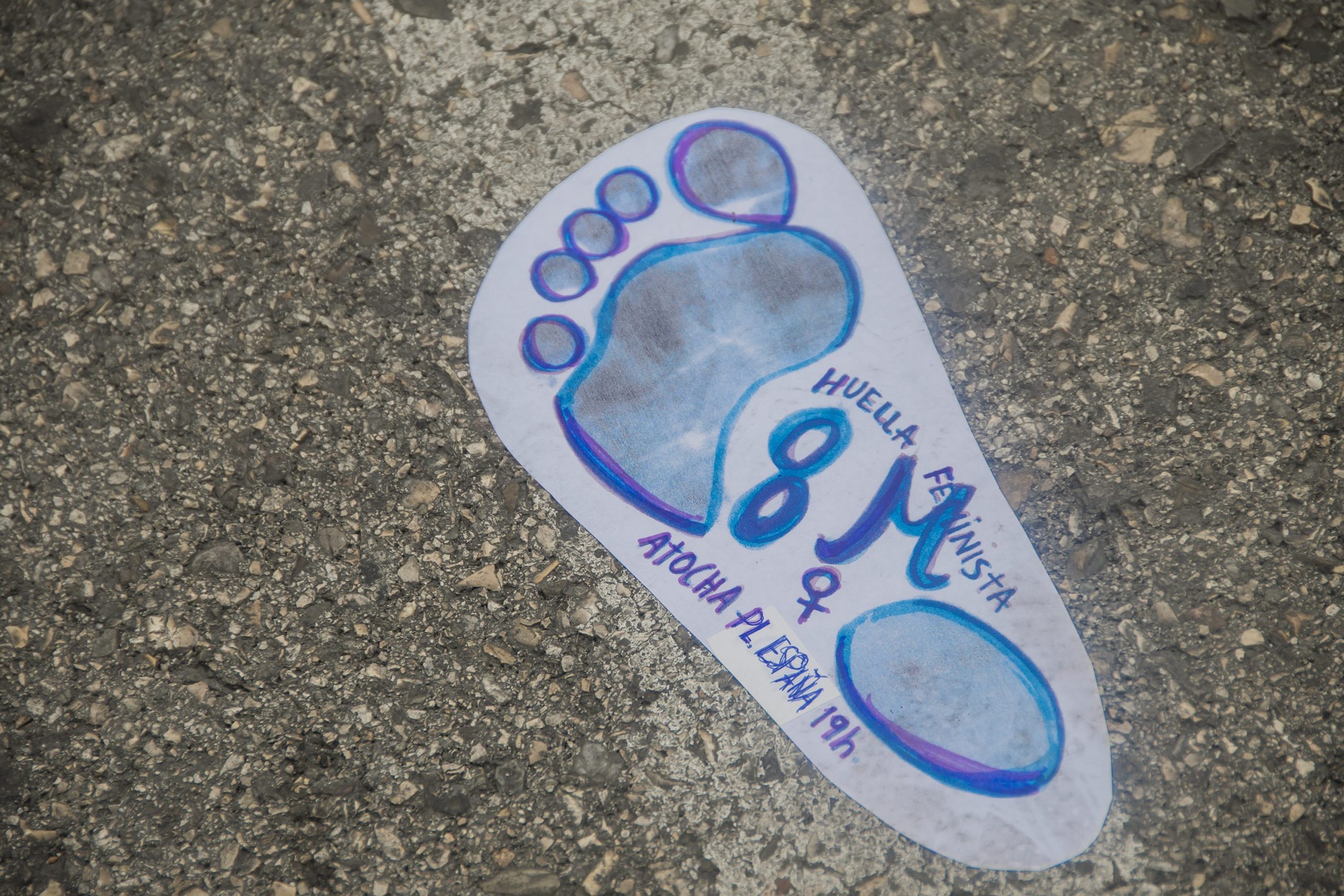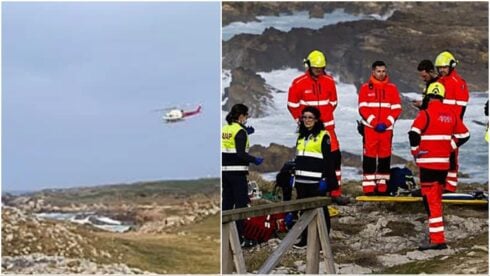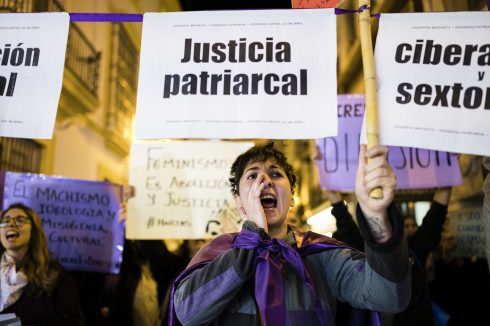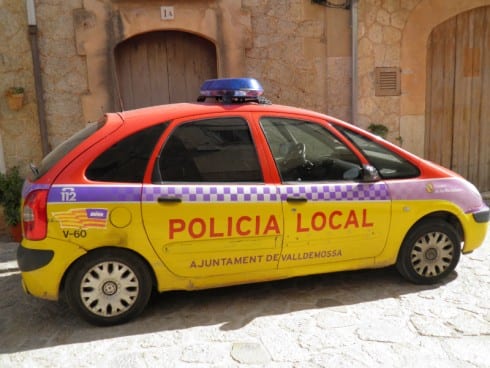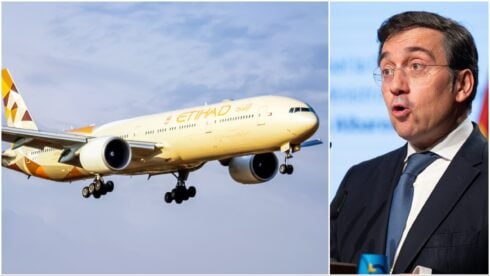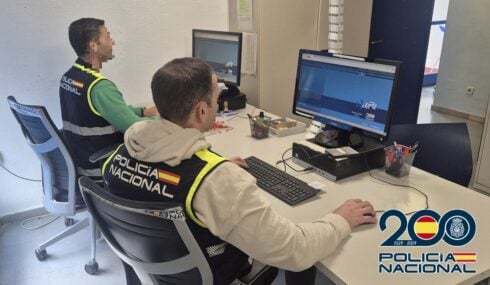They get everywhere, powerful women. Here in Spain, they’re in politics doing important things like running the country’s economy and defence – and Madrid. They occupy the boss roles in every field from science and academia to the arts and publishing, from the National Cancer Research Centre to El Pais
To celebrate Women’s Day on March 8 – yes, one of the 365 days is specially dedicated to us, here’s a shout-out for 20 of the most powerful and influential businesswomen in the land. Some have had an easier ascent than others.
Ana Botin, CEO, Banco Santander
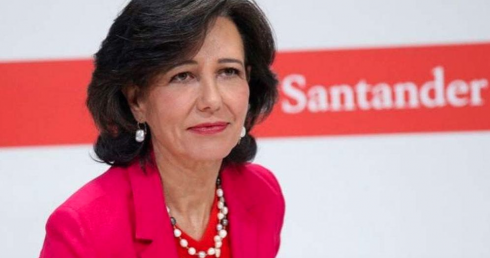
The fourth generation of the Botin family in the CEO role, Ana Botin (Santander, 1960) came well-prepared, first studying economics and working at JP Morgan in New York. After taking over from her father, she helped the bank evolve into one of the world’s leading financial institutions. She served as the first female president of the European Banking Federation, and outside the old nine-five, she’s involved with her foundation (Fundacion CyD) which encourages university academics to apply their know-how to social and economic development in Spain.
Belen Frau, global communications manager, IKEA
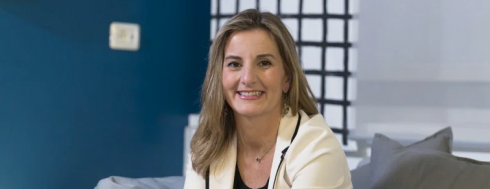
Starting on the shop floor of a local branch of IKEA in the Basque country in 2004, armed only with an alum key, she worked her way up. And how! Frau (Bilbao, 1974) became the first female CEO of Ikea in Spain in 2011, and four years later got responsibility for the company in seven countries: Belgium, the Netherlands, Poland, Portugal, the UK, Switzerland – and even Sweden! Now she has global control of ‘the message’ – and has even found time to have three children.
Maria de la Paz Robina, managing director of Michelin Spain and Portugal
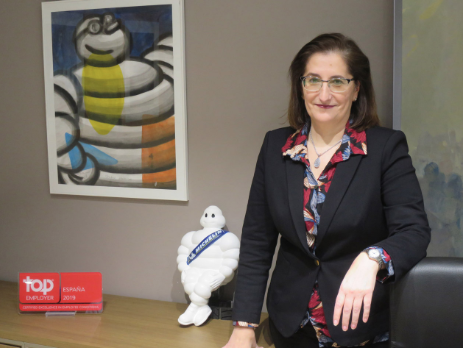
When chemistry graduate Robina (Valladolid, 1965) joined Vitoria’s Michelin factory in 1988, she was the only woman there. Now she’s the first female boss for Iberia, responsible for a €2.6 billion turnover and 7,300 employees – most of whom (despite her sterling example) are men. ‘It is difficult for us to find women to fill mechanical positions,’ she says, blaming childhood stereotyping that leads to the notion there are things that girls just don’t do.
Juana Roig, CEO, Mercadona Tech

No doubt, being the daughter of the Spanish billionaire businessman Juan Roig Alfonso, president of Mercadona, didn’t hurt when she went through the interview process. But credit where credit’s due, after turning her attention to the supermarket chain’s under-performing e-commerce division, online billing increased 190% in a year. Apparently she told her father the website was ‘shit’. Five years on, it generates €540 million in sales. Born in 1984, the youngest of four daughters, she is touted as a potential successor.
Mercedes Alaya, judge
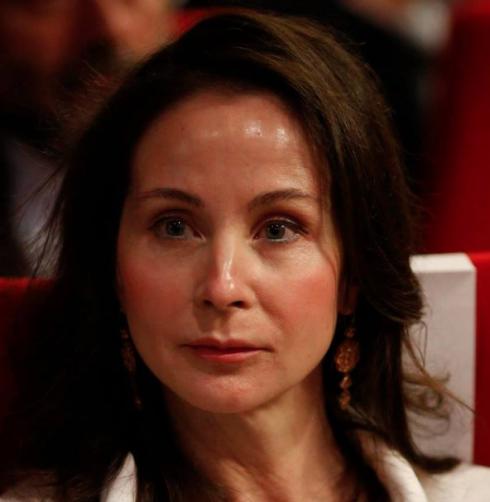
It’s tempting to say Alaya (Sevilla, 1963) has balls of steel. She’s not in business, but she’s onto dirty business. One of the most powerful judges in all Spain, she handled murky drug trials on the Costa del Sol before presiding over Spain’s juiciest corruption cases at her courtroom in Sevilla. The one in which Real Betis football club president Manuel Ruiz de Lopera was charged with embezzling €25 million had the country gripped. The Andalucia ERE scandal in which hundreds of businessmen, lawyers, politicians and low level opportunists went on trial for syphoning off millions of euros intended for companies on the brink of collapse during the crisis was as thrilling and complicated as a telenovela. Born in Ecija, the frying pan of Spain, Alaya is famous for keeping a cool head despite a barrage of threats and sexual abuse.
Veronica Pascual, CEO & President, ASTI Foundation
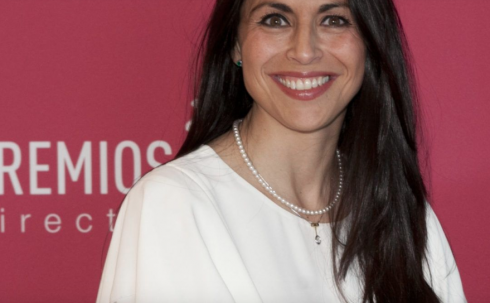
Named as Spain’s top ranking female entrepreneur, Pascual (Burgos, 1979) bought out the family robotics business ASTI, then earned a bundle and ensured its infinite growth by selling it on to Swiss robotics company ABB. Their mobile autonomous robots shift boxes around factories for global clients like Nestle and Procter & Gamble and are in high demand now humans have opted out of that kind of stuff. Praised for her mix of tech and management savvy, Pascual says the key to her success is daring to dream and having the courage and perseverance to make those dreams come true.
Sandra Garcia-Sanjuan, founder & director, Starlite Group
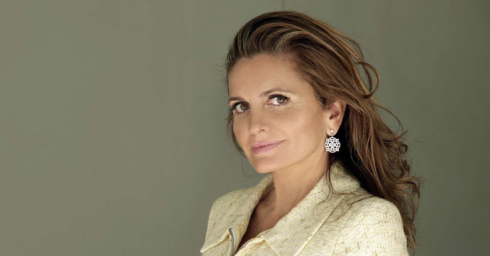
Celebrity broker and friend to the stars, Garcia-Sanjuan (Tenerife, 1972) organises one of Europe’s best – and longest– annual festivals, a task which involves charm and logistics. Offering two solid months of world-class nightly concerts, previous performers at Marbella’s Starlite Festival have included Tony Bennett, The Beach Boys, and Ricky Martin (Rod Stewart, Norah Jones and the Gypsy Kings are on the bill this summer). Starlite has spawned fashion, food and film divisions, and Garcia–Sanjuan also set up Quiero Trabajo which helps women at risk of social exclusion prepare for interviews and careers.
Marta Alvarez, president, El Corte Ingles
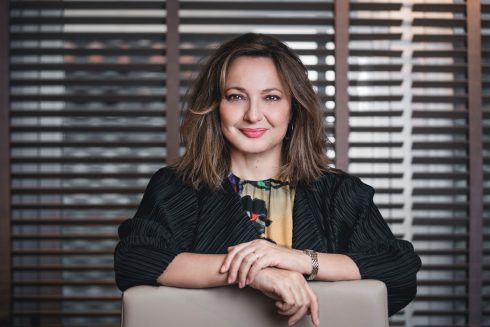
A Law graduate, Alvarez (Madrid, 1967) worked at Sotheby’s before joining Spain’s numero uno department store. While there was an inevitability to her rise through the company, what with her father being company president and nephew of founder Ramon Areces, she toiled through the ranks, and since taking over as president four years ago, the turnover has increased exponentially –she has an alleged 15% stake in the capital which is a good incentive. On the extra-curricular side, she is president of the Ramon Areces Foundation, an interesting organisation dedicated to scientific debates and financing scientific research.
Irene Cano, managing director, Meta Spain and Portugal

Queen of Facebook’s Metaverse, Cano (Asturias, 1974) says she’s been lucky to work in the tech industry, where ‘talent usually prevails over gender’. With the galloping advance of AI and virtual reality, and the imminent launch of the European Meta hub in Toledo, her position is becoming more and more powerful by the millisecond. In 2021 she received the Women’s Leadership Award from the Spanish Federation of Women Managers, Executives, Professionals and Entrepreneurs.
Alicia Koplowitz, founder, Omega Capital
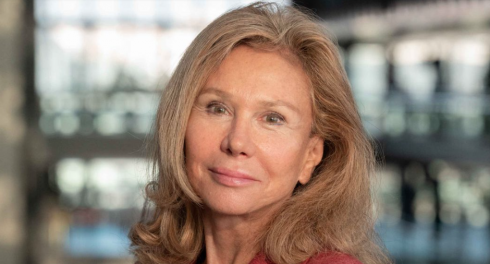
Daughter of a Jewish businessman who fled Nazi Germany, married a Spanish aristocrat, and founded a construction company (now known as FCC), Alicia Koplowitz (Madrid 1954) and sister Esther inherited the company, but delegated the day-to-day management to their husbands. Both were called Alberto, both had affairs, and both were sent packing, after which the sisters got stuck in themselves and profits rocketed. Alicia sold her share and used the €871m to set up a private equity firm which has since quadrupled in value. She runs various foundations, including one helping children and young adults with special needs. Oh, and she built a specialist multiple sclerosis hospital.
Click here to read more News from The Olive Press.

